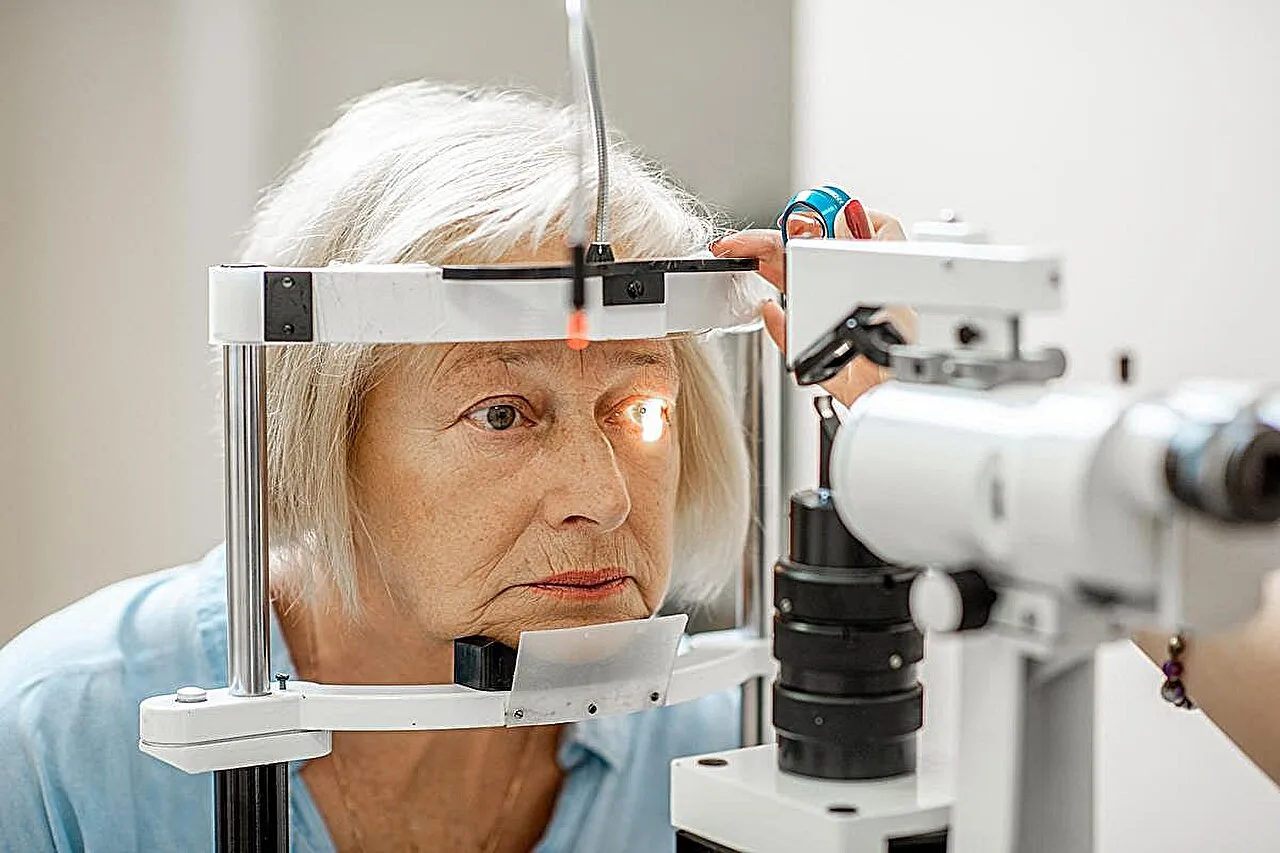Glaucoma Diagnosis Linked to Lower Mental Well-being
A recent study featured in JAMA Ophthalmology has revealed a concerning connection between the diagnosis of primary open-angle glaucoma (POAG) and decreased mental health scores. This suggests that receiving a diagnosis of POAG can have a significant impact on a person’s overall psychological well-being.
Understanding Primary Open-Angle Glaucoma (POAG)
POAG is a chronic eye condition that gradually damages the optic nerve, often without noticeable symptoms in its early stages. This can lead to progressive vision loss and, if left untreated, blindness. The subtle nature of POAG makes early detection and management crucial.
The Impact on Mental Health
The study highlights that individuals diagnosed with POAG may experience:
- Increased feelings of anxiety
- Higher rates of depression
- Reduced overall quality of life
These mental health challenges could be attributed to several factors, including the fear of vision loss, the burden of managing a chronic condition, and the potential impact on daily activities and independence.
Why This Matters
This research underscores the importance of a holistic approach to glaucoma care. Beyond addressing the physical aspects of the disease, healthcare professionals should also be mindful of the emotional and psychological needs of their patients. Integrating mental health support into glaucoma management could significantly improve patient outcomes and overall well-being.
What Can Be Done?
Here are some ways to address the mental health impact of a POAG diagnosis:
- Early Screening: Incorporate mental health screenings into routine eye exams for individuals at risk of or diagnosed with POAG.
- Patient Education: Provide comprehensive information about POAG, its progression, and available treatments to reduce anxiety and uncertainty.
- Support Services: Connect patients with support groups, counseling services, or mental health professionals experienced in helping individuals cope with chronic conditions.
- Open Communication: Encourage open and honest conversations between patients and their healthcare providers about their concerns and emotional well-being.
Final Overview
The link between POAG diagnosis and reduced mental health emphasizes the need for comprehensive patient care. By addressing both the physical and psychological aspects of the disease, healthcare professionals can help individuals with glaucoma maintain a higher quality of life and better cope with the challenges of their condition. Recognizing and responding to the mental health needs of glaucoma patients is an essential component of effective and compassionate care.




+ There are no comments
Add yours